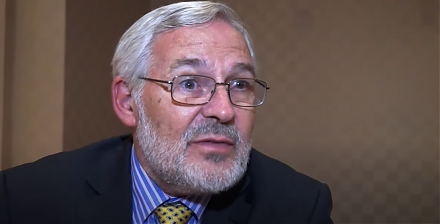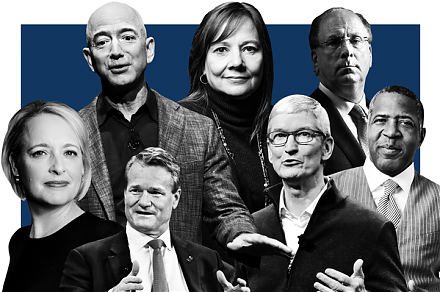

2019-08-01 11:33:00 Thu ET
stock market competition macrofinance stock return s&p 500 financial crisis financial deregulation bank oligarchy systemic risk asset market stabilization asset price fluctuations regulation capital financial stability dodd-frank
Many young and mid-career Americans fall into the financial distress trap in rural communities. A recent analysis of 25,800 zip codes for 99% of the U.S. population compares the consecutive periods from 2007-2011 to 2012-2016. The key reasons for U.S. rural distress include a lack of educational attainment, subpar mortgage affordability, unemployment, low income, and stagnant business investment. Many young Americans experience the catch-22 situation with disproportionate student debt, credit card debt, and mortgage delinquency etc. There is no clear path for these less fortunate young Americans to afford moving from the rural areas to more prosperous metropolitan areas. In the absence of high-skill job opportunities, rural communities remain economically subpar places of residence.
About 65% of the U.S. rural population lives east of the Mississippi River, and half of the rural residents are in the south. Education represents the faulty line between prosperous and economically subpar communities. Specifically, prosperous zip codes contain more than 27 million adults with tertiary education, whereas, there are fewer than 5 million adults with equivalent levels of educational attainment in economically subpar communities from Louisiana, New Mexico, and West Virginia to Alabama, Arkansas, and Mississippi. Economic inequality continues to be a key socioeconomic issue in America.
If any of our AYA Analytica financial health memos (FHM), blog posts, ebooks, newsletters, and notifications etc, or any other form of online content curation, involves potential copyright concerns, please feel free to contact us at service@ayafintech.network so that we can remove relevant content in response to any such request within a reasonable time frame.
2022-02-05 09:26:00 Saturday ET

Modern themes and insights in behavioral finance Shiller, R.J. (2003). From efficient markets theory to behavioral finance. Journal of Economi
2020-07-26 15:29:00 Sunday ET

Firms and customers create value and wealth together by joining the continual flow of small batches of lean production to the lean consumption of cost-effec
2018-02-23 09:35:00 Friday ET

Warren Buffett releases his annual letter to Berkshire Hathaway shareholders as of February 2018. Buffett discusses Berkshire's core cash ambition, its
2024-04-30 09:30:00 Tuesday ET

With clean and green energy resources and electric vehicles, the global auto industry now navigates at a newer and faster pace. Both BYD and Tesla have
2017-09-13 10:35:00 Wednesday ET

CNBC reports the Top 5 features of Apple's iPhone X. This new product release can be the rising tide that lifts all boats in Apple's upstream value
2017-01-23 09:30:00 Monday ET

There are several highlights from the first news conference after Trump's presidential election victory: The Trump administration will repeal-and-